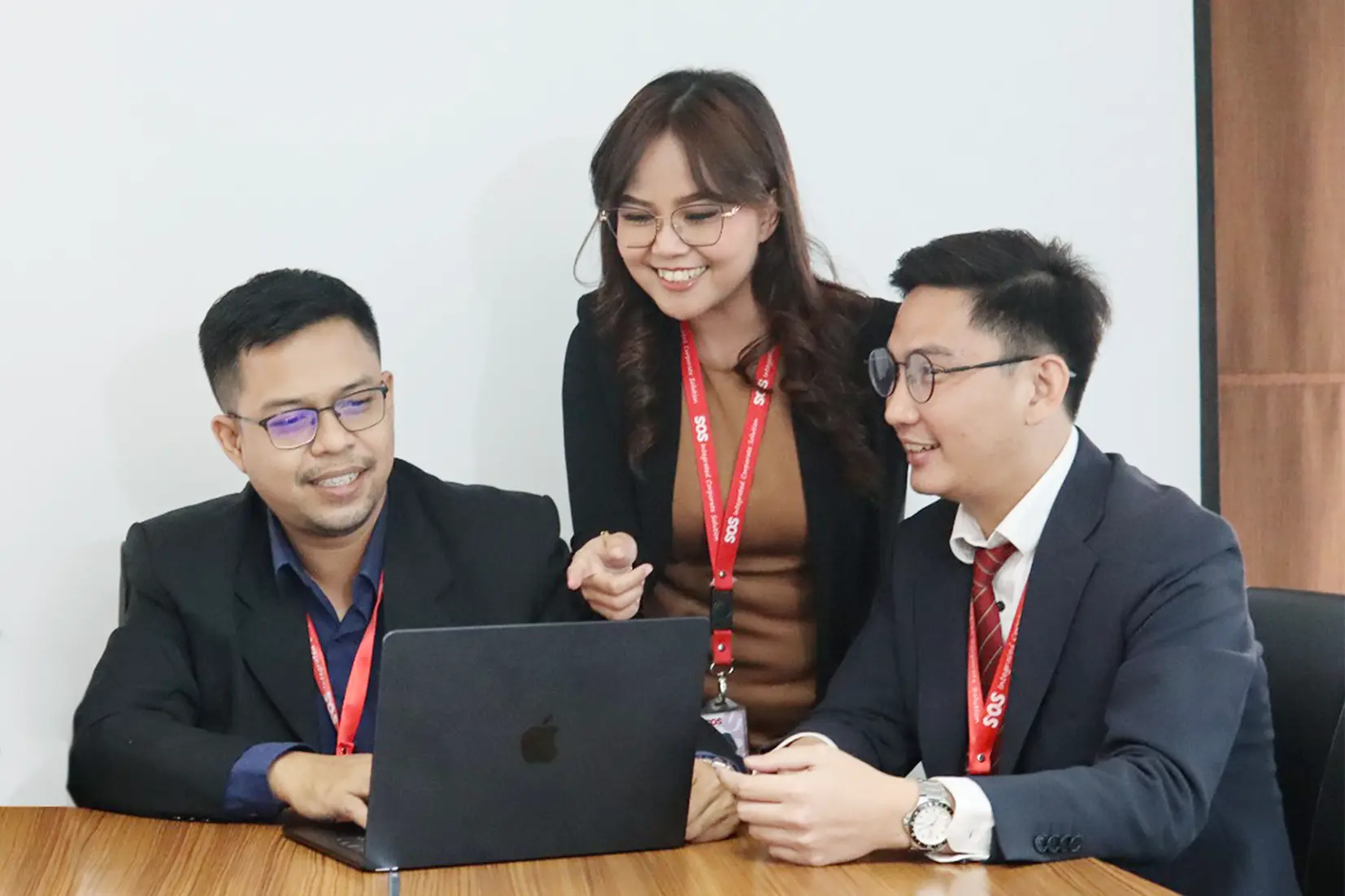For a private company seeking growth and maintaining good relationships with its workforce, understanding private employee leave regulations is not optional—it’s a necessity.
Beyond being a form of respect for employee rights, compliance with labor regulations reflects a strong commitment to professional human resource governance. To fully understand them, check the rules below!
Private Employee Leave Regulations
The Indonesian government has set provisions for private employee leave regulations through Law No. 6 of 2023, which ratifies Government Regulation in Lieu of Law (Perppu) No. 2 of 2022 on Job Creation.
This law clearly regulates rest and leave entitlements to ensure a balance between productivity and employee well-being.
Under this law, companies are required to provide two main rights to employees:
-
Rest Periods
-
Leave
Rest Periods
Mandatory rest periods include:
-
Breaks between working hours: At least 30 minutes after 4 consecutive hours of work. This break is not counted as working time.
-
Weekly rest: One full day off after working for six consecutive days in a week.
Read Also: Understanding the Outsourcing Labor Law in Indonesia
Leave
Companies are also required to provide annual leave to employees who have worked continuously for 12 months. The minimum entitlement is 12 working days per year. Implementation can be stated in internal documents such as:
-
Employment Agreement
-
Company Regulations
-
Collective Labor Agreement (CLA)
Some companies may also offer long leave in addition to annual leave. The provisions for long leave must be officially stated in company labor documents.
It is important to note that these leave regulations are not mere formalities but serve as a crucial legal foundation to avoid potential labor disputes.
Therefore, every company should implement these regulations consistently and maintain proper documentation.
Types of Leave for Private Employees
Each type of leave has its own legal basis and implementation requirements. Understanding these will help companies create internal policies that are legally compliant while still considering operational needs:
1. Annual Leave
Annual leave is granted to employees who have worked for at least 12 consecutive months. The mandatory minimum is 12 working days per year.
Companies can arrange flexible scheduling for annual leave, provided they do not reduce the employee’s minimum entitlement.
Leave schedules are usually managed by HR with direct supervisor approval, taking into account operational needs.
2. Long Leave
Long leave is granted by certain companies as a reward for extended years of service.
Typically:
-
Given after at least 6 years of service.
-
Duration can range from 1 to 3 months, depending on company policy.
-
Not mandatory unless stated in the CLA or Company Regulations.
Long leave is an addition, not a substitute, for annual leave.
Read Also: Occupational Health and Safety Law You Should Know
3. Collective Leave
Collective leave refers to additional holidays set by the government, usually in conjunction with national holidays (such as Eid al-Fitr or Christmas).
Policy notes:
-
Does not reduce annual leave entitlement if excluded by the company.
-
If employees are required to take leave during collective leave periods, it may be deducted from their annual leave quota.
-
Regulated in the Joint Decree of Three Ministers announced each year.
4. Maternity Leave
Maternity leave is a special entitlement for female employees who are giving birth. Provisions include:
-
1.5 months before delivery and 1.5 months after delivery, or as per a doctor’s certificate.
-
Total duration: 3 months.
-
Full salary must be paid during this leave period.
This is regulated under Article 82 of Law No. 13 of 2003, whose substance is still adopted in the latest policies.
5. Sick Leave
Employees who are ill are entitled to be absent from work and still receive full pay, provided they present a doctor’s certificate.
Duration and management of sick leave are based on company policy, but this right cannot be revoked.
For prolonged illness (e.g., more than 6 months), companies may refer to BPJS Employment and labor law provisions for further steps.
Read Also: What Are the OSH Laws in Indonesia? Check the Regulations Here!
6. Special Leave (Important Reasons)
Special leave is granted for urgent or personal matters, such as:
-
Marriage (self or child)
-
Death of immediate family members
-
Wife giving birth or having a miscarriage
-
Death of spouse
Regulated under Article 93(2) of Law No. 13 of 2003, for example:
-
3 days for marriage
-
2 days for childbirth
-
2 days for death of immediate family members
Wages cannot be deducted during special leave as it is a legally protected right.
Complying with private employee leave regulations is not only about fulfilling legal obligations but also demonstrates a company’s commitment to employee well-being.
However, many companies face challenges in managing human resources internally, especially when resources are limited or when there is no integrated HR system in place.
In such situations, partnering with a professional workforce provider can be a strategic solution.
If your company does not yet have sufficient resources to manage these labor regulations internally, partnering with **SOS** as a reliable workforce provider can be a strategic solution to ensure operations continue to run in compliance with applicable standards.
Ensure Compliance with Labor Regulations with SOS Professional Workforce Solutions
SOS is a legal and professional workforce provider. We understand that HR management must be transparent, measurable, and in line with the latest regulations.
Through strict recruitment processes and industry-standard training, SOS provides high-quality workers for various sectors, including:
-
Administration
-
Logistics
-
Technical operations
-
Security and cleaning services
As an experienced outsourcing vendor, SOS ensures that every worker placed has been carefully selected, is competent, and understands their rights and responsibilities in the workplace.
So, why wait? Fulfill your company’s commitment to employee welfare and compliance with labor regulations today.
Contact SOS via WhatsApp now to get reliable, legal, and ready-to-work manpower solutions to sustainably support your company’s operations!





